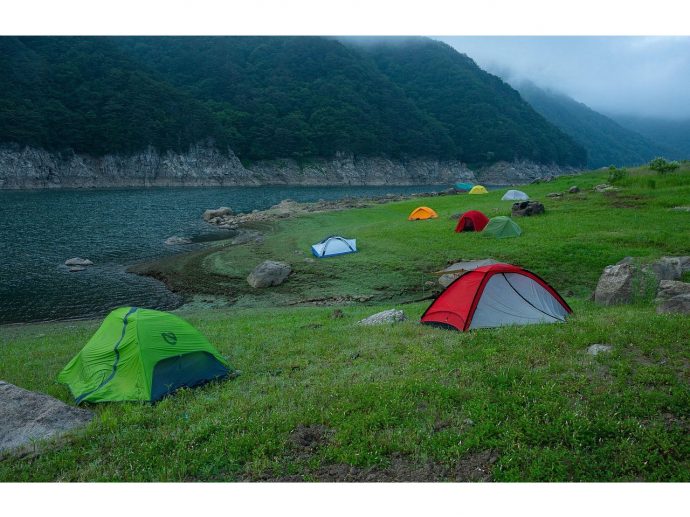Categories more
- Adventures (17)
- Arts / Collectables (15)
- Automotive (37)
- Aviation (11)
- Bath, Body, & Health (77)
- Children (6)
- Cigars / Spirits (32)
- Cuisine (16)
- Design/Architecture (22)
- Electronics (13)
- Entertainment (4)
- Event Planning (5)
- Fashion (46)
- Finance (9)
- Gifts / Misc (6)
- Home Decor (45)
- Jewelry (41)
- Pets (3)
- Philanthropy (1)
- Real Estate (16)
- Services (23)
- Sports / Golf (14)
- Vacation / Travel (60)
- Watches / Pens (15)
- Wines / Vines (24)
- Yachting / Boating (17)
The One Thing That Can Ruin Your Next Camping Trip (And How to Avoid It)
Published
06/14/2025There’s nothing quite like packing up the car, heading off-grid, and falling asleep under a canopy of stars. For many Aussies, camping is the ultimate escape — until something goes wrong. And if there’s one thing guaranteed to turn your dream trip into a stressful scramble, it’s losing power when you need it most.
Whether it’s keeping your food cold, your phone charged, or simply running some lights after dark, power can be more important than we realise — especially if you’re camping with kids or planning a longer stay. That’s where a camping generator quietly earns its place as a must-have.
Power Problems You Don’t Want to Face in the Wild
It’s easy to romanticise going “off-grid” — until the fridge stops running and your meat goes off by day two. Or your torch dies in the middle of the night when you need the loo. Or worse — your phone runs flat just when you need to check the weather or call for help.
Here are a few power-related headaches that are more common than you'd think:
- Food spoilage due to lack of refrigeration
- No lighting once the sun sets (bad for safety, cooking, and comfort)
- Dead phones and GPS devices (bad if you get lost, separated, or stuck)
- Inability to charge camera gear or devices (leaving you without photos or access to e-books/music)
It’s not about “roughing it” vs “glamping” — it’s about safety, practicality, and having a good time.
What to Look For in a Camping Power Setup
You’ve got a few options when it comes to staying powered up. Some people rely on portable power banks, while others install dual battery systems in their vehicles. But for extended trips or sites with no facilities, a generator offers serious peace of mind.
When choosing the right setup, consider:
- How long you’ll be away
- What gear you need to run
- How remote your location is
- Noise levels and fuel efficiency
- Whether you need backup power for emergencies
Generators aren’t just about convenience — they’re about keeping your trip running smoothly no matter what the bush throws at you.
How to Avoid Rookie Mistakes with Your Generator
If you’ve decided a generator is the way to go, there are a few things to keep in mind so it helps rather than hinders.
Choose one designed for camping. Look for models that are lightweight, quiet, and fuel-efficient. Some campsites only allow generators under a certain decibel rating.
Bring the right fuel. Check what type of fuel your generator needs, and bring enough for the full trip. Also: don’t store it near tents or food areas.
Use it wisely. Don’t run your generator all day. Stick to certain times (like mornings and evenings) to be respectful to nearby campers and wildlife.
Ventilate properly. Never use a generator in or near your tent, camper, or enclosed spaces. Carbon monoxide is odourless — and deadly.
Secure your gear. If you're heading out for the day, make sure your generator is locked away or chained up. Unfortunately, theft can happen at popular campgrounds.
A More Reliable, Relaxing Camping Experience
Camping is about disconnecting — but not completely. A little power can go a long way in helping you stay comfortable, safe, and well-prepared. With the right generator in tow, you can cook a proper meal, play music by the fire, and fall asleep knowing you’ve got everything under control.
So next time you’re planning a trip, don’t just think about the tent and the snacks — think about how you’ll keep things running smoothly. It could be the one decision that makes the whole experience unforgettable for all the right reasons.















